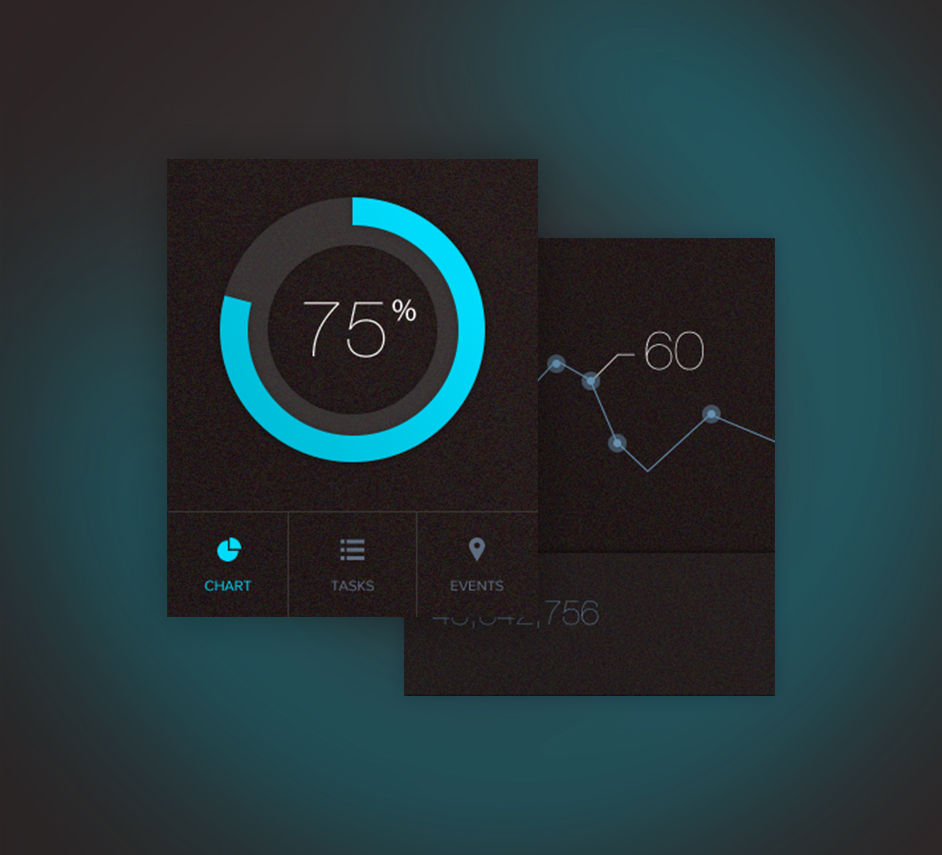5 Critical Points Often Overlooked in Online Sales Channels
- Optima Danışmanlık

- Dec 4, 2024
- 3 min read
In the modern hospitality industry, online sales channels are essential for reaching a wide range of guests and maximizing revenue. However, many hotels overlook key aspects when managing these channels, which can lead to lost opportunities, decreased visibility, and ultimately, reduced revenue. In this article, we’ll highlight five critical points that are often missed and offer tips on how to address them to optimize online sales performance.
1. Inconsistent Branding Across Channels
One of the most commonly overlooked issues is maintaining consistent branding across all online sales platforms. Whether it’s the hotel website, OTAs (Online Travel Agencies), or social media channels, inconsistency in brand image, messaging, and tone can confuse potential guests. This inconsistency diminishes trust and reduces the chances of conversion.
Solution: Ensure that all online sales platforms present a unified brand experience. Use consistent logos, color schemes, imagery, and language across websites, booking engines, and OTAs. A strong, cohesive brand message fosters trust and recognition, encouraging more bookings.
2. Lack of Real-Time Inventory Management
Real-time inventory management is crucial to prevent overbooking, underbooking, or discrepancies between different online platforms. Without effective inventory synchronization, hotels risk selling the same room to multiple guests or missing out on potential bookings due to outdated availability.
Solution: Use a centralized Property Management System (PMS) or Channel Manager to synchronize room availability, pricing, and inventory across all platforms in real-time. This ensures accurate data is displayed to potential guests at all times, reducing the chances of errors and lost revenue.
3. Ineffective Price Strategy and Rate Parity Issues
Price discrepancies between different online sales channels (such as OTAs and the hotel’s website) can lead to rate parity violations, which can harm your hotel’s reputation and relationship with distribution partners. Additionally, a lack of clear pricing strategy across all channels can result in underpricing or overpricing rooms.
Solution: Implement a dynamic pricing strategy that adjusts room rates based on real-time market conditions, demand, and competitor pricing. Ensure that your pricing is consistent across all platforms and in line with the terms agreed upon with OTAs. Utilize rate parity management tools to avoid pricing conflicts and maintain your hotel’s brand integrity.
4. Ignoring Guest Reviews and Reputation Management
Guest reviews and ratings on online sales channels play a critical role in shaping your hotel’s reputation. Many hotels overlook the importance of actively managing reviews and responding to feedback. Negative reviews that go unaddressed can tarnish your reputation, while positive feedback that’s not leveraged can be wasted.
Solution: Regularly monitor and respond to guest reviews across all online platforms. Acknowledge both positive and negative feedback with professionalism and empathy. Encourage satisfied guests to leave positive reviews, which can improve your hotel’s visibility and reputation. Actively managing your online reviews helps build trust with potential guests and increases your chances of direct bookings.
5. Underutilization of Data and Analytics
Data analytics from online sales channels provide valuable insights into guest preferences, booking behavior, and market trends. Many hotels fail to fully utilize this data, missing out on opportunities for better decision-making and personalized guest experiences.
Solution: Leverage data analytics tools to track performance across your online sales channels. Monitor booking trends, conversion rates, guest demographics, and revenue metrics. Use these insights to adjust your marketing strategies, optimize pricing, and improve the overall guest experience. By utilizing data, you can make informed decisions that maximize revenue and drive growth.
Conclusion
Online sales channels are an essential part of a hotel’s revenue strategy, but many properties overlook crucial aspects that could maximize their potential. By addressing the five critical points outlined above — branding consistency, real-time inventory management, price strategy, reputation management, and data utilization — hotels can significantly improve their online sales performance. Taking a holistic approach to managing online sales channels will help increase bookings, enhance guest satisfaction, and drive higher revenue.
4o mini




Comments